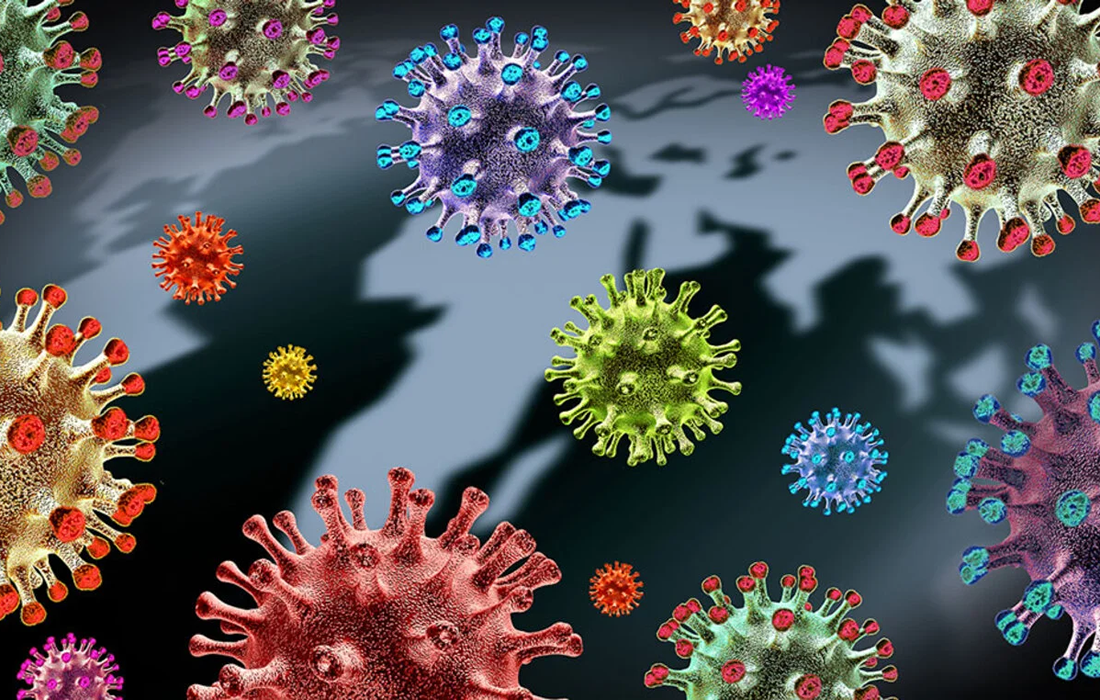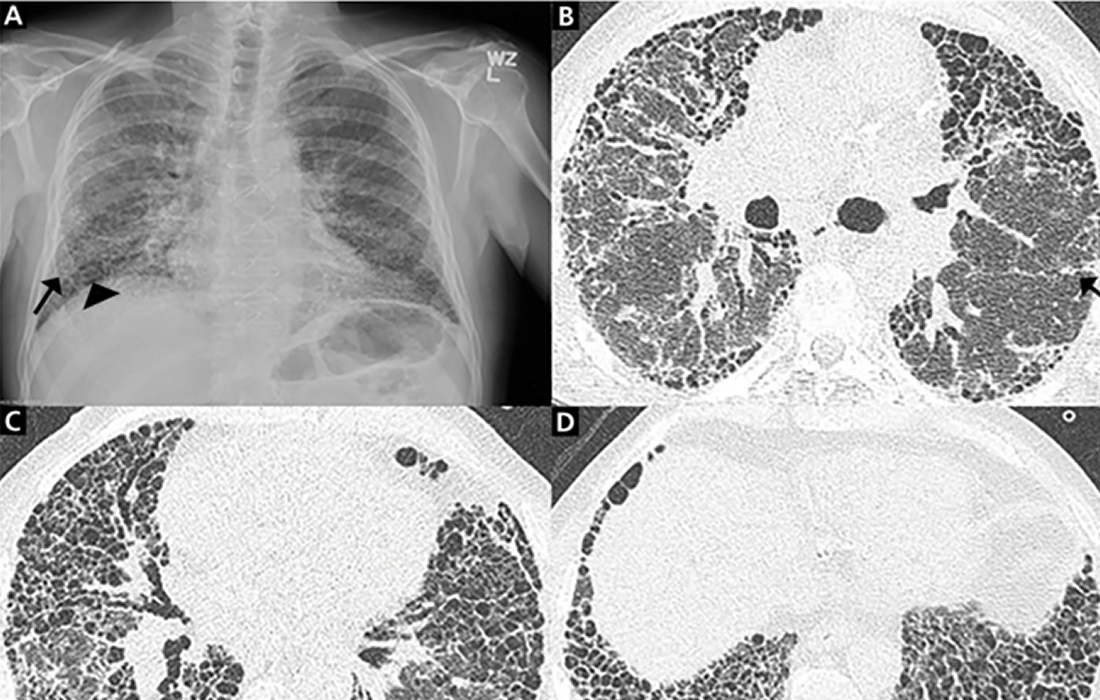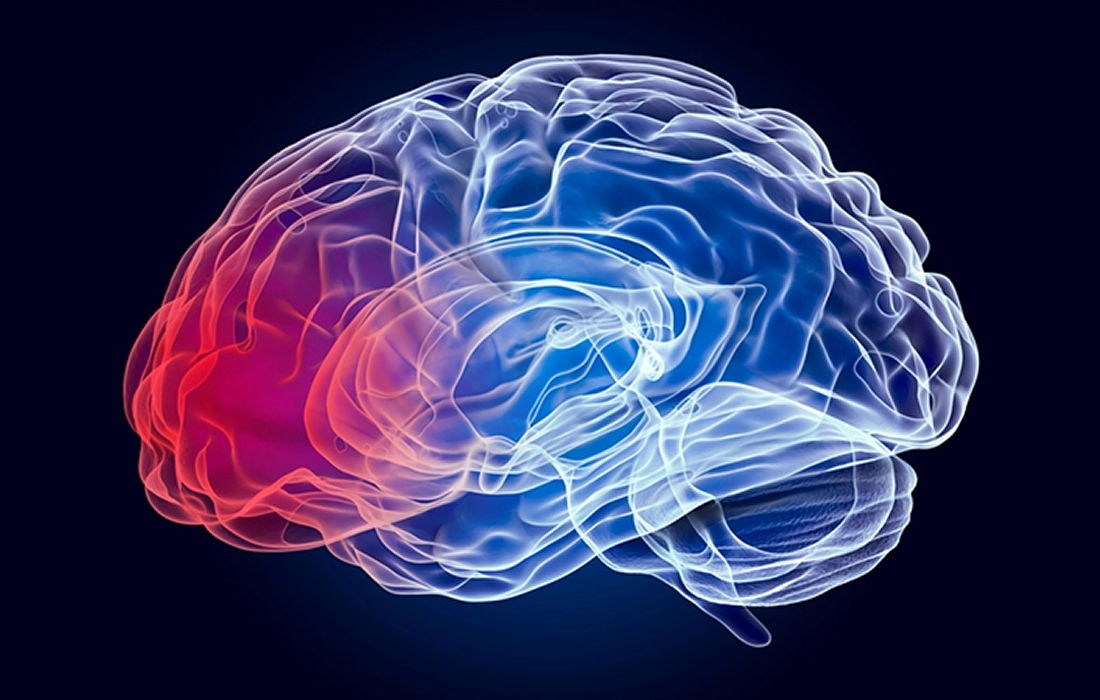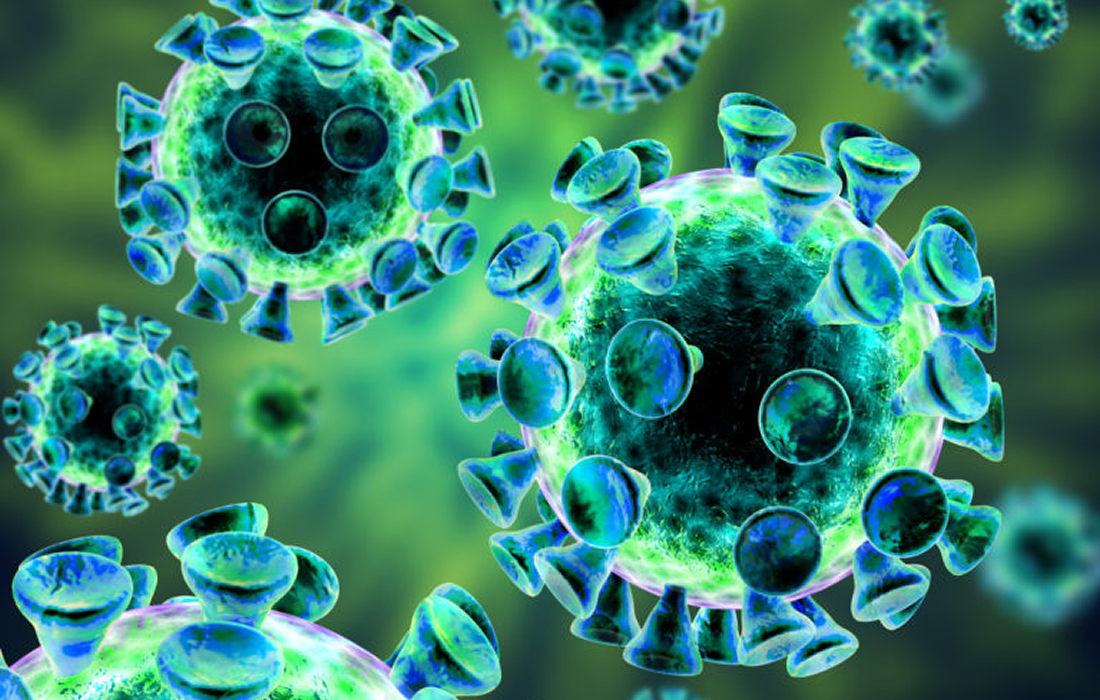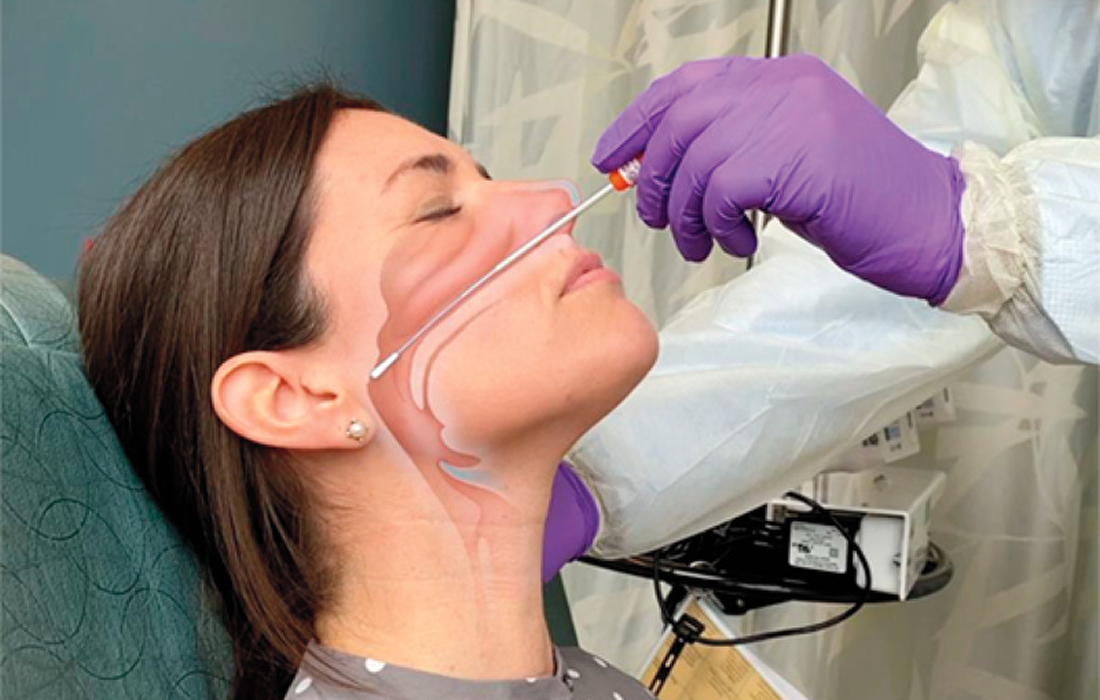What is Cerebral Palsy? Cerebral palsy (CP) is the most prevalent motor disorder of childhood. It affects 2-3 per 1,000 live births. CP typically results from in utero or perinatal brain injury such as hypoxic insult, hemorrhage, or stroke, and it can affect movement and muscle tone, or posture. CP is the most common motor […]
Monthly Archives: January 2022
A new study by researchers from UCLA is harnessing the power of molecular changes during pregnancy in a way that could help to more accurately predict complications, such as gestational diabetes and preeclampsia before symptoms arise. Gestational diabetes is diabetes diagnosed for the first time during pregnancy, and like other types of diabetes, it affects […]
A new study led by researchers from the LKS Faculty of Medicine at the University of Hong Kong provides the first information on how the novel variant of concern of SARS-CoV-2, the Omicron SARS-CoV-2 infect the human respiratory tract. The researchers found that Omicron infects and multiplies 70 times faster than the Delta variant and […]
What is Pulmonary Fibrosis? Pulmonary fibrosis (PF) is a chronic, life-threatening disease with a gradual worsening of pulmonary function and shortness of breath, and the median survival time of patients with idiopathic pulmonary fibrosis (IPF) was estimated to be 2.5–3.5 years. Pulmonary fibrosis is a lung disease that occurs when lung tissue becomes damaged and scarred. […]
Parkinson’s disease (PD) is a brain disorder that leads to shaking, stiffness, and difficulty with walking, balance, and coordination. Parkinson’s symptoms usually begin gradually and get worse over time. As the disease progresses, people may have difficulty walking and talking. They may also have mental and behavioral changes, sleep problems, depression, memory difficulties, and fatigue. […]
Multiple sclerosis (MS) is a chronic inflammatory demyelinating disease of the central nervous system of unknown etiology. Is a potentially disabling disease of the brain and spinal cord in which the immune system attacks the protective sheath (myelin) that covers nerve fibers and causes communication problems between the brain and the rest of the body. […]
Platelet-rich plasma (PRP) therapy includes a group of autologous blood products that are obtained from the patient’s own blood and is administered locally to treat various musculoskeletal disorders. Basic science and clinical research on PRP have expanded in recent years, particularly regarding the use of PRP to treat athletic injuries. These therapies have also gained […]
Alcohol use disorder, which includes alcoholism, is a pattern of alcohol use that involves problems controlling your drinking, being preoccupied with alcohol, continuing to use alcohol even when it causes problems, having to drink more to get the same effect, or having withdrawal symptoms when you rapidly decrease or stop drinking. Unhealthy alcohol use includes […]
There are different viral tests that look for current infection. They check specimens from your nose or your mouth to find out if you are currently infected with the virus that causes COVID-19, SARS-CoV-2. These tests can be performed in a laboratory, at a testing site, at home, or anywhere else. Who should get tested? […]
Many tumors exhibit increased incorporation of sialic acids into cell-surface glycans, which impact the tumor microenvironment. Sialic acid immunoglobulin-like lectins (Siglec) are receptors that recognize sialic acids and modulate immune responses, including responses to tumors. Tumors need to evade the immune system to grow and spread, causing cancer. One of the ways tumor cells hide […]



